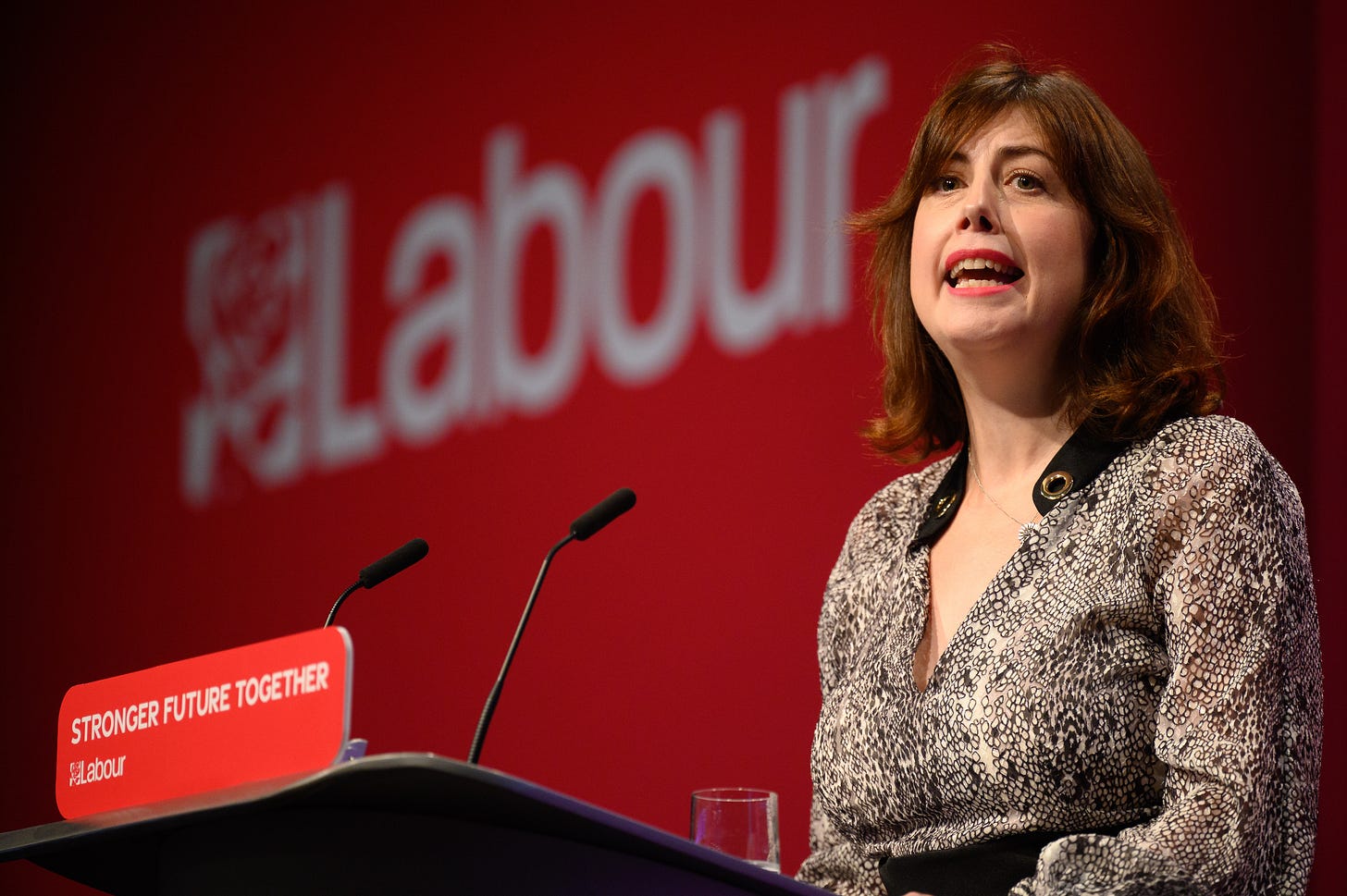What Lucy Powell’s grooming gang comments tell us about Labour
The government’s failure to launch a national inquiry into the mass sexual abuse of children will not be forgotten.
It should be a political no-brainer. The ‘grooming gangs’ scandal is as grotesque and shameful a blight on any country’s legacy as could be envisaged. The government should be eager to instigate an immediate inquiry into what went wrong. Any delay would surely be unfathomable. And yet here we are.
The report by Professor Alexis Jay in 2022 confirmed the…



